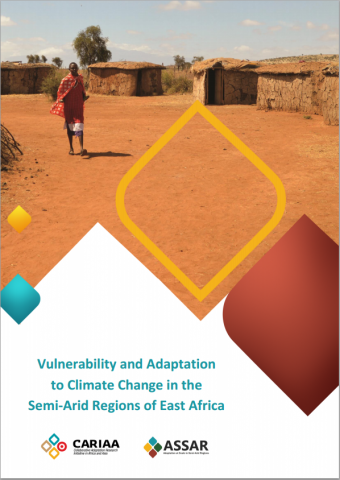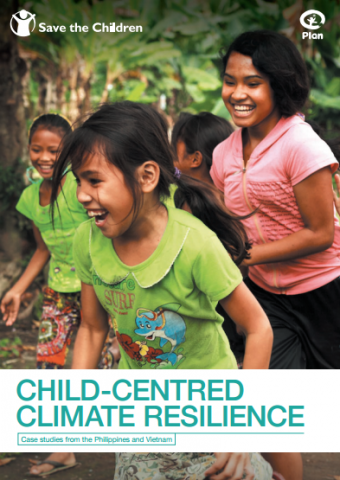Child-centred climate resilience: case studies from the Philippines and Vietnam


This report outlines the practical lessons learned by Plan International and Save the Children about child-centred community-based adaptation (CC-CBA) to climate change. It provides a snapshot of the organizations’ work across the Philippines and Vietnam and addresses five key themes:
- participatory approaches: ensuring children’s voices are heard in community-based adaptation
- building climate resilience
- mainstreaming CBA into policy planning and development
- children as agents of change
- and the role of communication to mobilise action and replication
Through a series of case studies, the report details some of the specific examples of how project participants have engaged with CC-CBA activities and consolidates best-practice lessons and recommendations for practitioners and donors.
Plan International; Save the Children International (SCI), 2015
Child-centred climate resilience: case studies from the Philippines and Vietnam
https://www.savethechildren.org.au/__data/assets/pdf_file/0011/99551/CCCR_Report_High-Res_FINAL.pdf
